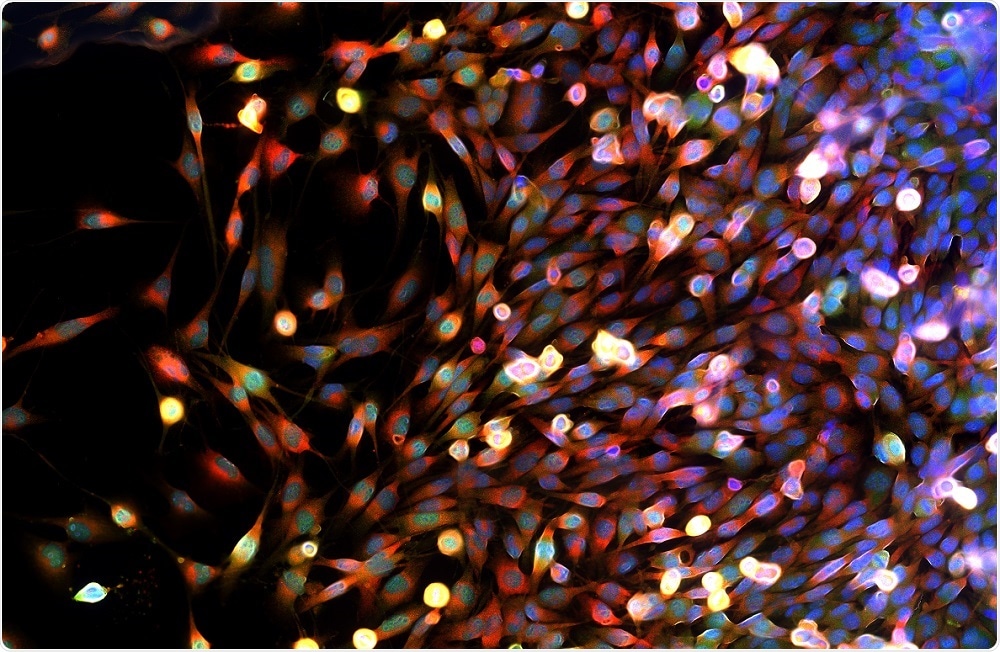Researchers have identified a vascular stabilization biomarker that can be used to visualize blood vessel activity and optimize the timing of anticancer therapy.

Credit: Damian Ryszawy/Shutterstock.com
The formation of new blood vessels (angiogenesis) is essential for tumor growth. Treating tumor tissue with a combination of angiogenesis inhibitors and anticancer therapies can enhance drug delivery and prolong progression-free survival.
Nobuyuki Takakura from the Research Institute for Microbial Diseases, Osaka University, Japan, describes vascular normalization by angiogenesis inhibitors such as vascular endothelial growth factor (VEGF) signaling inhibitors as a “promising method for improvement of chemotherapy.”
However, recognizing the 'window of opportunity' for the tumor vascular normalizing period so that anticancer therapy can be effectively timed, remains a challenge.
As reported in The American Journal of Pathology, Takakura and team demonstrated that active proliferating vascular endothelial cells (ECs) in mice could be distinguished from dormant or quiescent ECs.
They used enhanced green fluorescent protein (EGFP), which enables gene activity to be visualized as fluorescence, to measure the promoter activity of DNA replication factor partner of Sld5-1 (PSF1).
Since normal skin ECs are quiescent, no EGFP signals were observed when normal adult skin vasculature was assessed. However, when tumor cells were injected, some ECs within or nearby the tumor showed EGFP-positivity.
Our data showed that PSF1-promotor-EGFP mice may be utilized to visualize proliferating ECs by their EGFP expression."
Nobuyuki Takakura, Osaka University
The team also found that non-proliferative ECs strongly expressed VEGFR1 and the cell surface protein CD109.
“CD109 expression in ECs increased three to five days after injection of [a VEGF inhibitor] into human colorectal adenocarcinoma HT29-bearing mice, coinciding with normalization of tumor vessels. Though on day 5 after [the] injection, functional vessels increased and hypoxic regions significantly decreased, by day 8, hypoxic regions increased again," says Takakura.
These findings enabled the team to differentiate between proangiogenic and quiescent ECs through visualization of their PSF1 gene promoter activity. The expression of CD109 in ECs therefore served as a marker for normalized blood vessels in the tumor.
Since CD109 is highly expressed in dormant ECs, we suggest it can be used to detect normalized blood vessels, thus allowing identification of the 'window of opportunity' for optimal delivery of chemotherapeutics."
Nobuyuki Takakura, Osaka University,